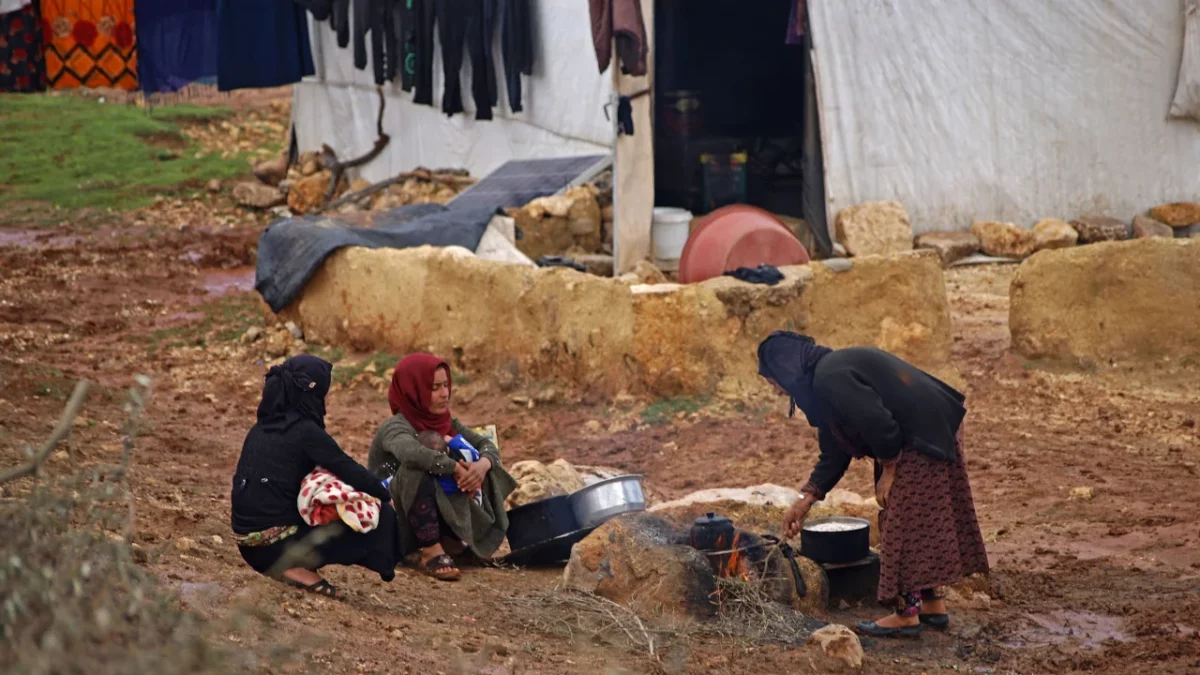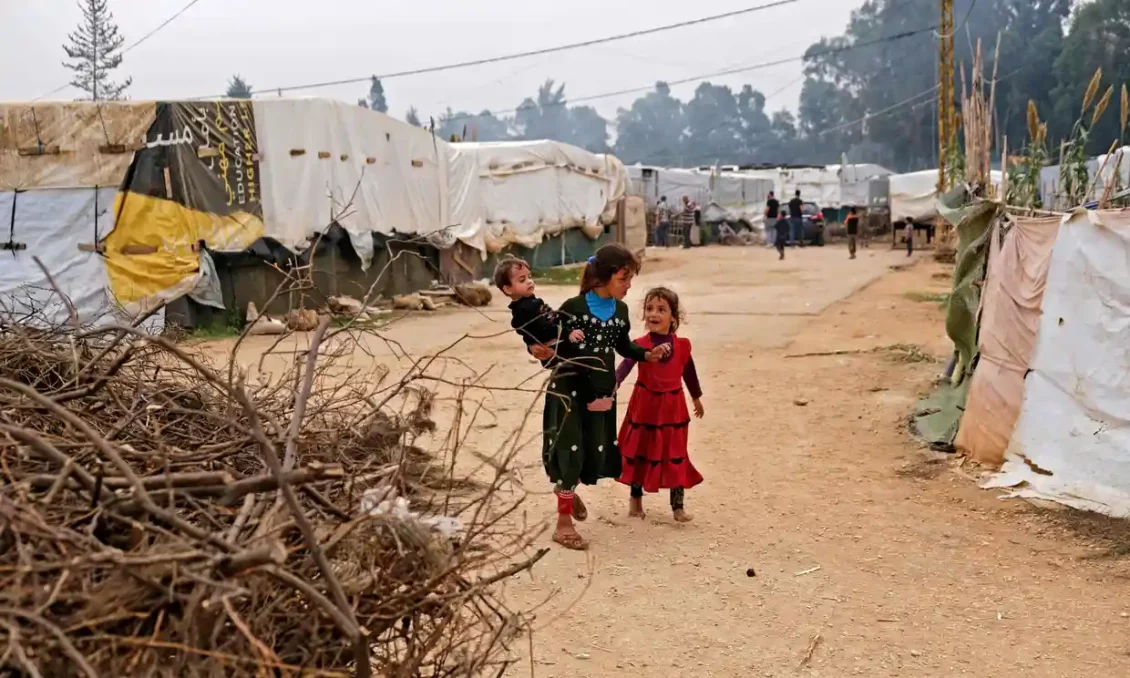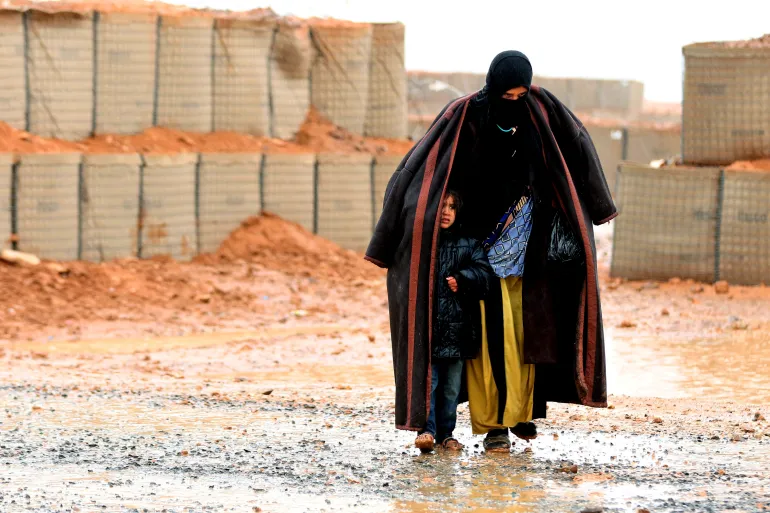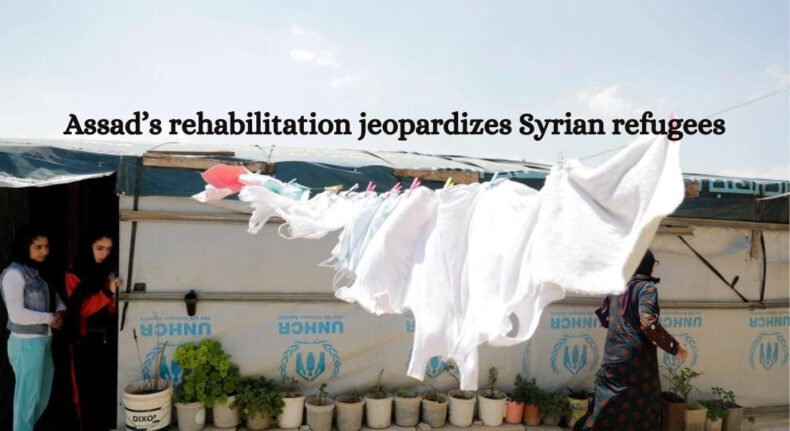Assad’s re-integration into the Arab League after decade-long isolation is a sigh of relief for the Syrian President and is a move towards stability in the region. But, this normalization is likely to spell doom for Syrian refugees scattered in the neighbouring countries. Peace-making at the upper strata of politics does not guarantee safety at the grassroot level.

Why are Syrian refugees upset at normalization?
Arab allies restored the vine of friendship with the Syrian regime which is considered historic by the observers. Researchers who closely looked at the nuances of this event believe that this ice-breaking moment is a step towards the “Arab solution’’ to the Syrian crisis. But sadly when we look at the world from a realist paradigm, we subconsciously opt for a top-down approach by pondering over higher politics without giving any credence to lower politics.

This understanding is very much relevant in the contemporary so-called triumph of Bashar- al- Assad which is a lose-lose situation for Syrian refugees who are hardly able to meet their daily needs and fear for their safety in the refugee camps in Turkey, Iraq, Lebanon, and Jordan. The conditions in these camps are deplorable with women and children facing even more problems.
As the Arab countries have re-established relations with the war-ravaged country, Syrian refugees are threatened by this agreement as now they might be compelled to go back to their home country where they fear they might get purged again by the government. Over 14 million Syrian citizens escaped from the civil war between Assad backed by Iran and Russia and opposition allies supported roughly by Saudi Arabia and USA , triggered by the Arab spring protests in 2011.
According to the UN refugee agency, approximately 300,000 civilians have been killed during the period of civil war. Over 6.8 million are internally displaced in Syria, two -thirds of whom are women and children.
Peace for Assad but not the refugees
The countries like Turkey, Iraq and Lebanon which gave refuge to Syrian people albeit reluctantly are now seeking to send back the refugees. Jordan, Iraq and Lebanon have sought to get rid of refugees through agreement with the Syrian government but this will endanger the lives of refugees.

According to Charles Lister, a senior fellow at the Middle East Institute in Washington DC, Regional states can persuade Assad to accept the refugees , but it’s not going to change the intimidation felt by refugees who would not choose to go back to face the horror. According to a 2022 UNHCR poll of Syrian refugees residing in Egypt, Lebanon, Jordan, and Iraq, only 1.7% said they would return to Syria whereas 93% said they would not return at any cost.
To amass a vote bank, Turkish President, Recep Tayyip Erdogan, announced that he would create arrangements for the withdrawal of refugees from Turkish territory, playing the nationalist card. However, Human rights organisations have objected to this decision citing that Syria is unsafe.
Adding to the turmoil, the Syrian government issued a joint statement with the Saudi government that they are building conditions for the safe return of their people. A move relentlessly abhorred by refugees who want to stay back by hook or crook.
These people who left their country to save their lives have been living in harrowing conditions with no basic needs met and still refuse to shift to their own country is testimony to their brutal treatment at home.
The peace-making processes often concentrate on resolving the conflict between political actors. Moreover, negative peace becomes the focal point but only when peacemakers focus on positive peace as well, the world can become a better place to live.












